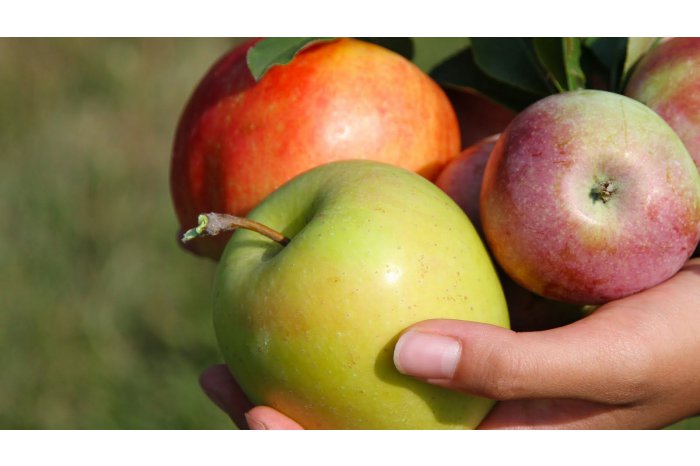More Moldovan companies to resume apple exports to Russia
09:02 | 26.02.2015 Category: Economic
Chisinau, 26 February /MOLDPRES/ - The Russian Veterinary and Phytosanitary Control Service, Rosselhoznadzor, has announced on its webpage that 10 Moldovan companies may resume the fruits export to the Russian market starting from 26 February.
The fruit supplies will be resumed following the bilateral consultations at the level of experts of the Russian mentioned service and Moldovan National Agency for Food Safety (ANSA). As an experiment and under ANSA guarantee, ten Moldovan companies may export fruits to Russia, Russia’s phytosanitary inspection informed.
At the same time, Rosselhoznadzor warned that, if the phytosanitary standards were not observed, the apple exports would be stopped again. The mentioned inspection forbad the import of Moldovan apples, cans and vegetables on 21 July 2014.
The embargo put by Russia „is certainly a political one”, more economic experts have said. „As it was imposed, the same way it will be cancelled sooner or later. Most probably, this will happen in a year of even less,” Director Executive of Expert-Grup Association Adrian Lupusor said when the embargo was introduced.
Immediately after the apple exports to the Russian market was ceased, the European Union informed that it doubled the quotas of exports without customs duties of Moldovan products, negotiated in the Deep and Comprehensive Free Trade Agreement, starting from 1 August 2014. The no customs duty apple exports quotas increased from 40,000 tons to 80,000, whereas to plums - from 10,000 to 20,000 tons.
The data of the National Bureau of Statistics show that the production of apples, walnuts and berries increased to 495,000 tons in 2014, by 70,000 tons more than in 2013. The fruits and walnuts exports were of 194 million dollars in 2014 compared to 204 million in 2013.
(Reporter: V. Bercu, Editor: A. Raileanu)
Chisinau, 26 February /MOLDPRES/ - The Russian Veterinary and Phytosanitary Control Service, Rosselhoznadzor, has announced on its webpage that 10 Moldovan companies may resume the fruits export to the Russian market starting from 26 February.
The fruit supplies will be resumed following the bilateral consultations at the level of experts of the Russian mentioned service and Moldovan National Agency for Food Safety (ANSA). As an experiment and under ANSA guarantee, ten Moldovan companies may export fruits to Russia, Russia’s phytosanitary inspection informed.
At the same time, Rosselhoznadzor warned that, if the phytosanitary standards were not observed, the apple exports would be stopped again. The mentioned inspection forbad the import of Moldovan apples, cans and vegetables on 21 July 2014.
The embargo put by Russia „is certainly a political one”, more economic experts have said. „As it was imposed, the same way it will be cancelled sooner or later. Most probably, this will happen in a year of even less,” Director Executive of Expert-Grup Association Adrian Lupusor said when the embargo was introduced.
Immediately after the apple exports to the Russian market was ceased, the European Union informed that it doubled the quotas of exports without customs duties of Moldovan products, negotiated in the Deep and Comprehensive Free Trade Agreement, starting from 1 August 2014. The no customs duty apple exports quotas increased from 40,000 tons to 80,000, whereas to plums - from 10,000 to 20,000 tons.
The data of the National Bureau of Statistics show that the production of apples, walnuts and berries increased to 495,000 tons in 2014, by 70,000 tons more than in 2013. The fruits and walnuts exports were of 194 million dollars in 2014 compared to 204 million in 2013.
(Reporter: V. Bercu, Editor: A. Raileanu)

